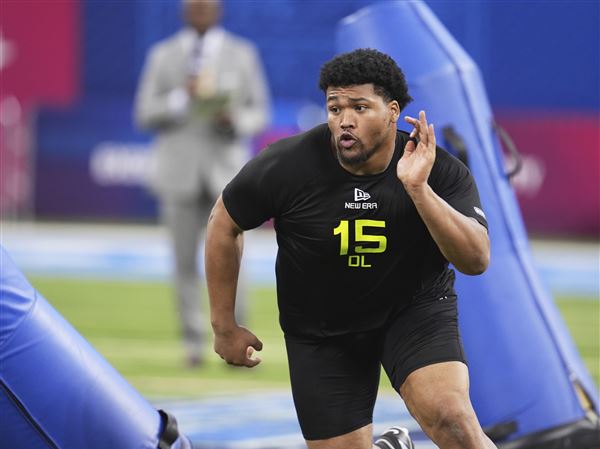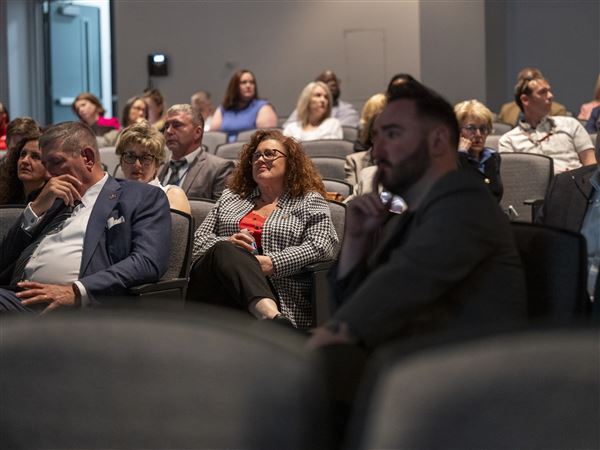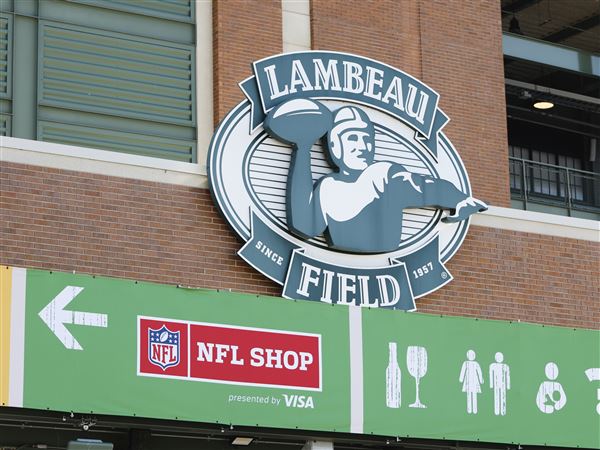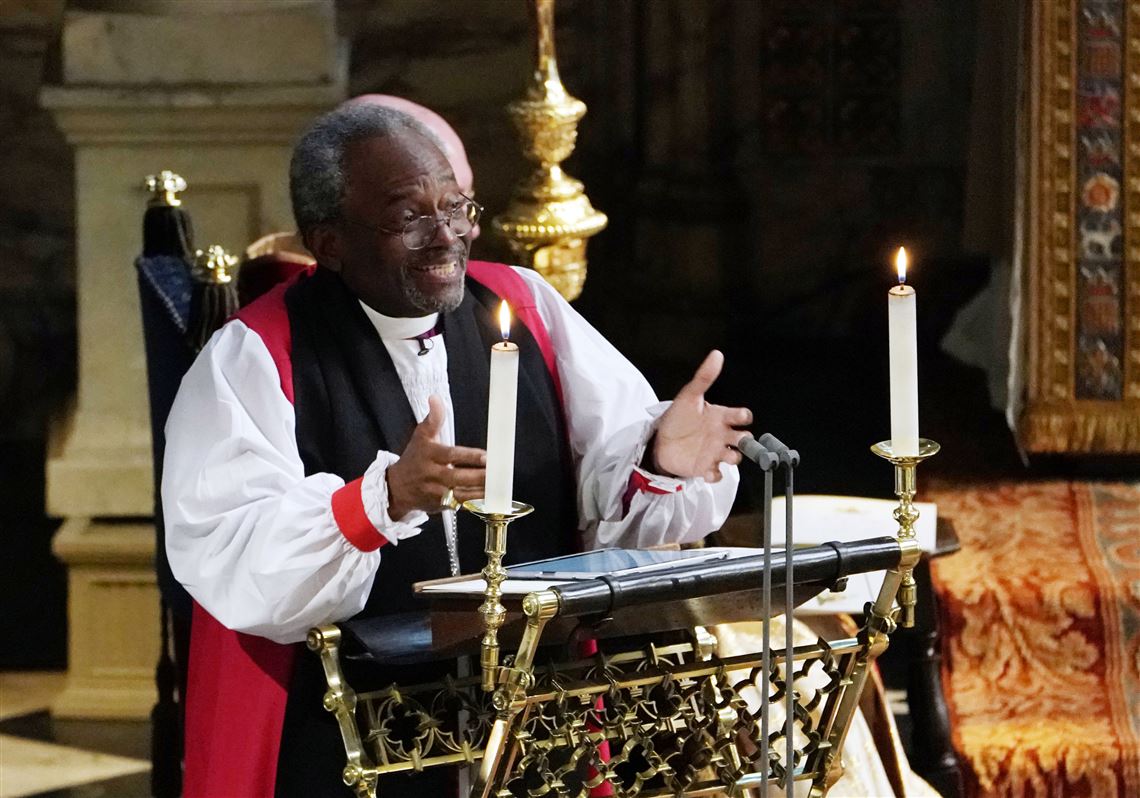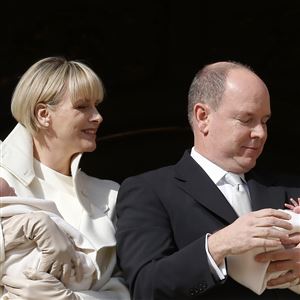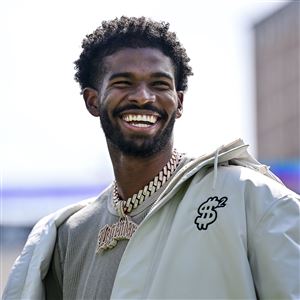I didn’t get up early Saturday to watch the wedding of Prince Harry and Meghan Markle. I knew that whatever happened — and I wasn’t expecting much — would be more than covered on social media, sparing me the hassle of sitting through an interminable tradition-bound, patriarchal horror-show.
Though I was mildly interested in the drama of who would walk Meghan Markle down the aisle since her father forfeited that right when he made a pact with the paparazzi for staged pictures, I wasn’t willing to lose any sleep over it.
The cover story that he had to beg off attending his daughter’s wedding because of pending heart surgery and that Ms. Markle’s white half-siblings had to be by his side at the hospital, provided an almost dignified excuse for not attending nuptials they weren’t invited to because of how trifling they had been to her.
Still, the drama of a biracial American actress from Los Angeles marrying into the pastiest — and strangest — of European royal families didn’t pique my interest. For me, the outsized wealth of the occupants of Buckingham Palace has always been more offensive than the fact that it is a beachhead of stiff-upper-lip whiteness privileged way out of proportion to its value to British society.
But throughout the weekend, I kept getting intimations from social media and headlines on cable news that the wedding of Prince Harry and Meghan Markle wasn’t the typical pomp and circumstance snore-fest one assumed it would be because of hundreds of years of tradition.
A full day after the wedding, the glowing accounts by thoroughly charmed essayists let me know I’d missed a cultural event worthy of more than a sneer.
If these folks were to be believed, Harry and Meghan clearly didn’t use the same wedding planner as the royals who had gone before them. A quick trip to YouTube confirmed the hype — the soon-to-be Duke and Duchess of Sussex had thrown themselves the “blackest” wedding Windsor Castle is ever likely to see for the next 100 years.
Let’s start with the groom: Prince Harry has always prided himself on possessing what looks like Bill Clinton levels of “blackness.” He’s the red-headed outlier of the British royal family. Speculation about his paternity has never stopped.
Then there’s Meghan’s black mother Doria Ragland. The social worker wore a tasteful light green outfit and dreadlocks that the British tabloids never tired of mocking. She was stunning on her daughter’s big day, no doubt relieved she wouldn’t have to tolerate the mercenary shenanigans of her ex-husband and his children.
The next sign that theirs was a blacker-than-usual wedding at St. George’s Chapel was the presence of the Most Rev. Michael Curry of Chicago, presiding bishop of the Episcopal Church. Like any black preacher worth his or her salt, Bishop Curry took his time delivering the kind of sermon about the redemptive power of love the uptight Windsors had never heard before from their very Anglican pulpit.
Bishop Curry engaged in enough mild histrionics to make the reaction shots of the white British aristocracy utterly priceless. Prince Charles’ wife, Camilla, leaned over to him as if to say, “What’s happening, Charles?” One middle-aged duchess sat with her mouth agape, wondering how hundreds of years of careful inbreeding had led to this moment.
When I got married three decades ago, we had a black preacher from Chicago officiating at our wedding, too, but I assure you, our wedding wasn’t as “black” as Harry and Meghan’s.
When I got through the video of Karen Gibson and the Kingdom Choir doing a rendition of the very secular pop song “Stand by Me” as if it was the churchiest gospel song ever, I had actual tears in my eyes.
It is customary not to applaud at royal weddings, but some folks couldn’t resist acknowledging the British choir’s power with loud “amens” and muted claps after its take on “This Little Light of Mine.” A Negro spiritual in the middle of a royal wedding? Tradition was being disrupted left and right.
For the more buttoned-down guests, the 19-year-old black cellist Sheku Kanneh-Mason brought down the house with soulful takes on “Sicilienne” by Maria Theresa von Paradis, “Apres un Reve” by Gabriel Faure and “Ave Maria” by Franz Schubert. You wouldn’t be human if you weren’t deeply moved by the young musician’s brilliance. He was born for that performance.
Even though Beyonce and Jay-Z weren’t invited, there were enough black celebrities to properly represent: Idris Elba, Serena Williams and Oprah led the Nubian contingent. Had Barack and Michelle Obama been there as originally planned before President Donald Trump made it clear their presence (and his absence) would prompt an international incident, the British would have officially lost their dignified minds.
One of my buddies texted me that there was even a horse with the suspiciously black name of Tyrone that was part of the wedding carriage procession. I saw one white horse acting up and jumping out of formation in a video. All I could do was hope to God it wasn’t Tyrone.
Whenever there’s a wedding this black and you have to ask yourself, “Is this happening at Windsor Castle or Wakanda?” you know you’re witnessing a very good wedding.
Tony Norman: tnorman@post-gazette.com or 412-263-1631.
First Published: May 22, 2018, 4:00 a.m.
